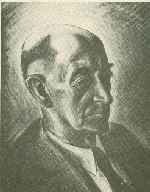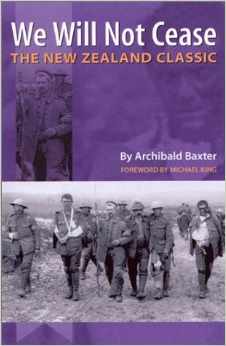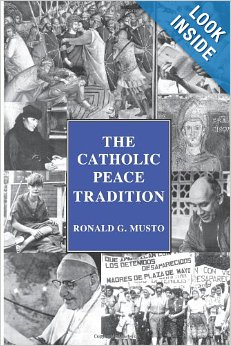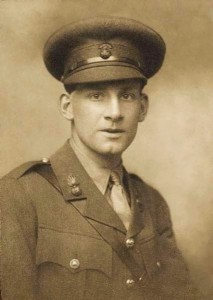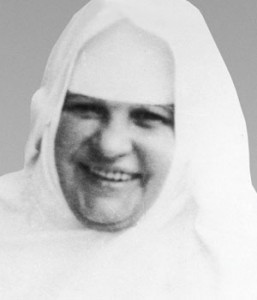This is a great interview with Josh Steibler, a young Christian who enlisted in the army after high school. He was deployed to Baghdad from Feb 07- Apr 08 with the military company shown on the ground in the “Collater Murder” video.

Josh Stiebler
In the interview (and interviewed by Slate here), he talks about going to a Christian high school and reading books like The Faith of George W. Bush. The former President was presented to him as an ideal of Christian manhood, someone who was carrying out God’s will. When he found himself in the military he began having trouble reconciling his faith with the way in which he was being psychological conditioned to hate the enemy and become inured to killing, chanting things like:
I went down to the market where all the women shop;
I pulled out my machete and I begin to chop;
I went down to the park where all the children play;
I pulled out my machine gun and I begin to spray.
When he wrote home to his religious leaders expressing his reticence and uncertainty about what he was doing, they assured him that what he was doing was good and right, and that the ends justified the means.
One, two, three, four.
Every night we pray for war.
Five, six, seven, eight.
Rape. Kill. Mutilate.
From the Slate interview:
Pretty quickly after I got in, I started to see inconsistencies between how the military was talked about in such glorified ways [when I was] growing up, and then how it was acted out in training. Training was very desensitizing. We screamed slogans like, “Kill them all, let God sort them out.” We watched videos with bombs being dropped on Middle Eastern villages with rock and roll music in the background. People really started to celebrate death and destruction, and that definitely didn’t match up to what I’d expected. I’d told myself that I was willing to kill if necessary, but that wasn’t the same as celebrating it.
It seems to be a story of someone coming to Christ despite, not as a result of, his Christian upbringing.
I really had to face the fact that I couldn’t have it both ways. Either I was going to try to find this inward reality where sacrificial love was possible for a higher goal, or I was going to let self-defense be my ultimate value.
For a while, Josh wrote a blog here.

